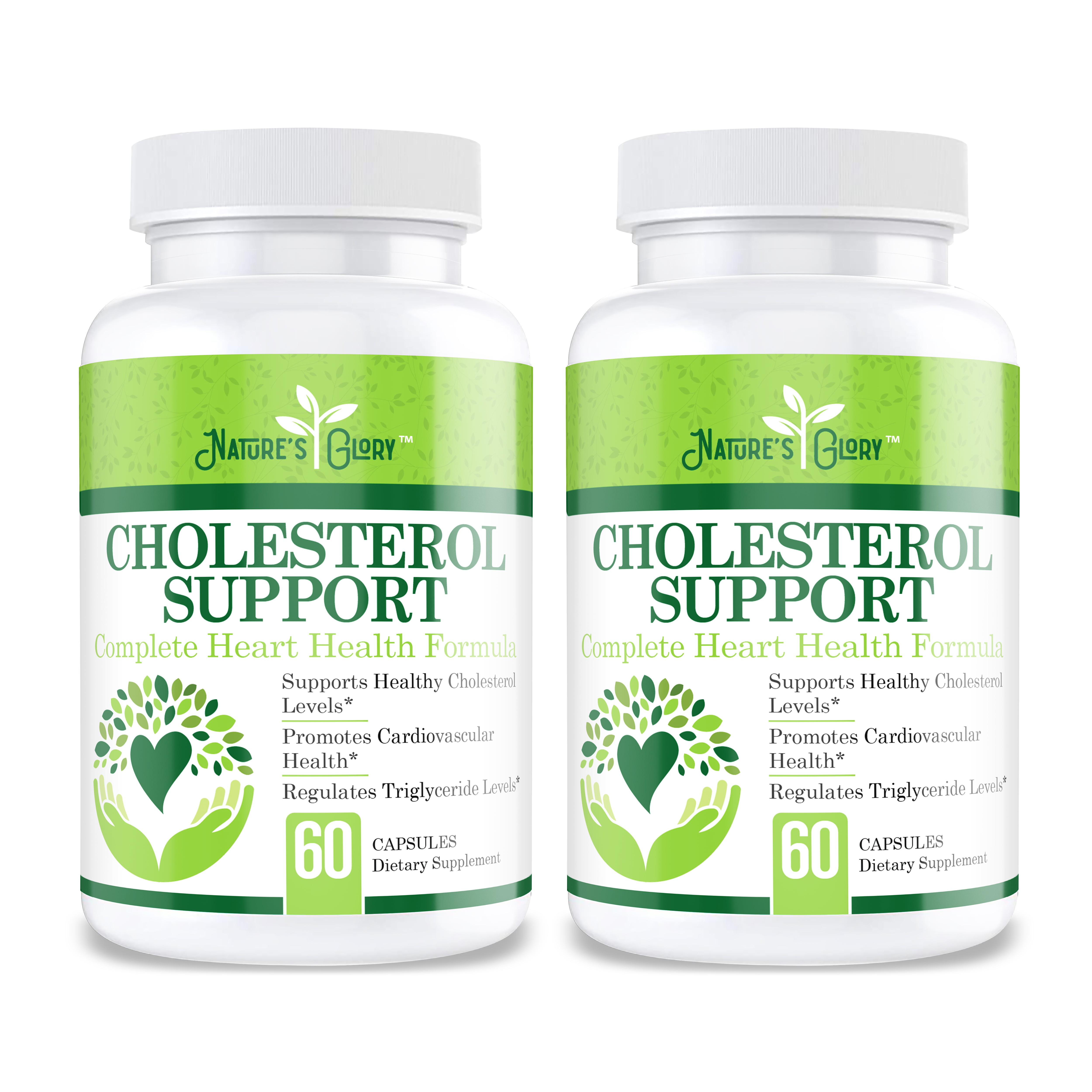Vitamin for Cholesterol Health

What are Vitamins?
Vitamins are organic compounds that are essential for the proper functioning of the body. They are required in small amounts and cannot be produced by the body, so they must be obtained through the diet. There are two types of vitamins: water-soluble and fat-soluble.
Water-soluble Vitamins
Water-soluble vitamins are not stored in the body, so they need to be replenished regularly. They include:
- Vitamin B1 (thiamine)
- Vitamin B2 (riboflavin)
- Vitamin B3 (niacin)
- Vitamin B5 (pantothenic acid)
- Vitamin B6 (pyridoxine)
- Vitamin B7 (biotin)
- Vitamin B9 (folic acid)
- Vitamin B12 (cobalamin)
- Vitamin C (ascorbic acid)
Fat-soluble Vitamins
Fat-soluble vitamins are stored in the body's fatty tissues, so they do not need to be replenished as often as water-soluble vitamins. They include:
- Vitamin A
- Vitamin D
- Vitamin E
- Vitamin K
Vitamins for Cholesterol Health
Vitamin B3 (Niacin)
Vitamin B3, also known as niacin, has been found to be effective in lowering LDL cholesterol (bad cholesterol) and increasing HDL cholesterol (good cholesterol). Niacin works by inhibiting the liver's production of LDL cholesterol. It is important to note that high doses of niacin can cause side effects such as flushing and liver damage, so it is important to consult a healthcare professional before taking niacin supplements.
Vitamin C
Vitamin C is a powerful antioxidant that has been found to reduce LDL cholesterol levels. It works by preventing LDL cholesterol from oxidizing, which can lead to the formation of plaques in the arteries.
Vitamin E
Vitamin E is another powerful antioxidant that has been found to reduce LDL cholesterol levels. It works by preventing LDL cholesterol from oxidizing and sticking to the walls of the arteries.
Benefits and Risks of Taking Vitamin Supplements
Benefits
- May help lower cholesterol levels
- May improve overall health and well-being
- May provide additional nutrients that may be lacking in the diet
Risks
- May cause side effects such as nausea, vomiting, and diarrhea
- May interact with medications
- May be harmful in high doses
Conclusion
Vitamins can play an important role in maintaining healthy cholesterol levels. However, it is important to obtain them through a balanced diet rather than relying on supplements. If you are considering taking vitamin supplements, it is important to consult a healthcare professional first to determine the appropriate dosage and to check for any potential interactions with medications.
FAQ
1. Can vitamins alone lower cholesterol levels?
No, vitamins alone cannot lower cholesterol levels. A balanced diet and regular exercise are also important for maintaining healthy cholesterol levels.
2. Are there any natural sources of niacin?
Yes, niacin can be found in foods such as chicken, tuna, salmon, peanuts, and mushrooms.
3. Can vitamin E supplements prevent heart disease?
There is no conclusive evidence that vitamin E supplements can prevent heart disease. It is important to obtain vitamin E through a balanced diet instead.
4. Can vitamin C supplements cause kidney stones?
High doses of vitamin C supplements may increase the risk of kidney stones in some people. It is important to consult a healthcare professional before taking high doses of vitamin C supplements.
